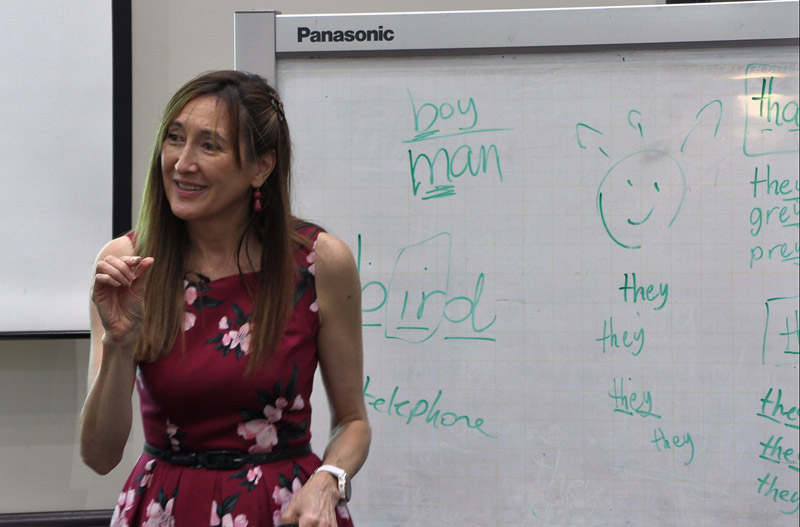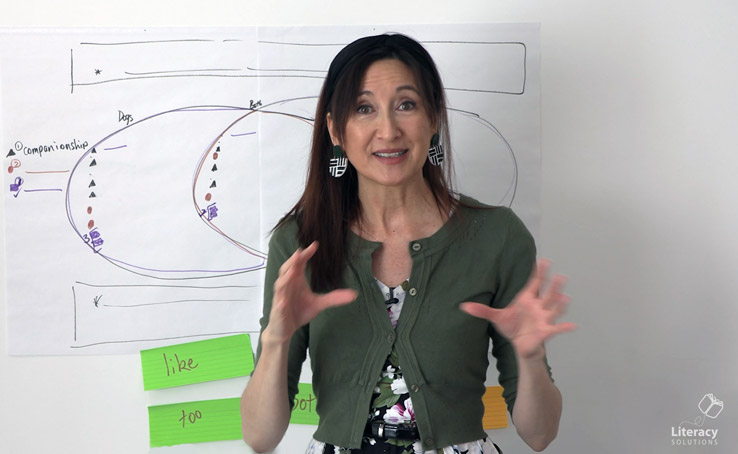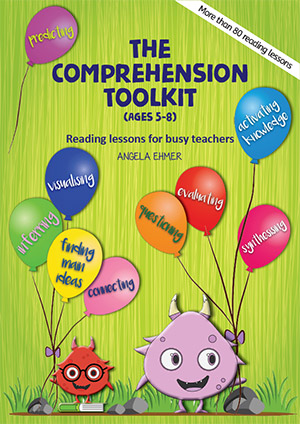A National Curriculum: What’s in Store?
A national curriculum: What’s in store? Will this be the beginning of the end to play based learning?
Welcome to March. We’re in full swing and most of us can barely recall the recent holiday.
The new draft national curriculum was released on March 1 this year for a three month public consultation period. On reviewing the draft, it’s all great in theory. We are all working towards the best possible outcome for every student. And Australian experts have looked locally and abroad to identify the common elements of best practice.
The national curriculum will make teaching goals explicit to teachers. It will ensure a continuity of learning. It should ensure consistent practices within and across schools. It will require teachers to look more deeply at texts, developing what Professor Peter Freebody describes as “a coherent and cumulative body of (student) knowledge”. I just love the sound of that!
But what does it all really mean? From where I stand, isn’t this already happening? Queensland teachers have been using the work of Freebody and Luke for years. The four practices of the literate person do develop a coherent and cumulative body of knowledge. They provide an intelligent, workable, comprehensive and user friendly model to support and guide literacy learning across reading and viewing, designing and recording a range of texts.
And what’s in store for students in Kinder and Prep? Does the new curriculum suggest an end to play-based instruction?
Already, the transition from Preschool to Prep saw significant changes to the traditional play based model in many Queensland schools. I’m sure that many will argue that the new program can and should continue with discovery learning and play based instruction. In reality, however, are we likely to see formal literacy instruction infiltrating and in some cases, replacing, the teaching for skills and knowledge which form the very foundation of successful literacy learning.
The lack of detail around the teaching for expressive and receptive language, phonemic awareness and phonological knowledge in some existing curriculums is clearly evident. Current guidelines which state only to ‘consolidate phonological knowledge’ fail to highlight and emphasise the importance of oral language as a prerequisite to formal literacy development. How well does a comment like this inform early educators about the specific knowledge and skills to be acquired by young children in readiness for formal literacy instruction?
In this era, we accept and understand the critical link which exists between oral language and success in reading and writing. There is little argument that if you can’t say it, you are unlikely to read it or write it. That said will teachers feel they need to take valuable time away from oral language programs, in order to provide formal literacy instruction under the new curriculum?
Don’t get the wrong idea. I’m not advocating that young children are not ready to develop formal skills. We are professionals and must be guided by our observations. We must offer differentiated instruction based around formal and informal data and relevant curriculum guides. What I am suggesting is that not all children will be ready for formal literacy instruction at the same time. And for those Kinder and Prep children needing clear, ongoing, explicit attention to developing, enhancing and extending their oral language skills and phonological knowledge, what can be gained from putting the cart before the horse.
We know not to build a house on an unstable foundation and we know that language precedes literacy. Many children underperforming on NAPLAN literacy tasks owe their struggles in literacy to poor oral language.
Can we protect the integrity of a play based program, if we impose formal instruction across literacy and numeracy on all students?
Will imposing formal literacy instruction replace, to some degree, oral language instruction? I’m interested to hear your thoughts on what the new curriculum means for literacy in our schools.





I totally agree with your point about oral language as I’m in a school which is 98% ESL. You put it so simply ‘what can be gained from putting the cart before the horse?’ We are currently trialing the use of a DI program formally called Language for Learning by Englemann. The program is now referred to as the language strand component to the Reading Mastery (Signature Edition)program. Your remarks/thoughts on this would be greatly appreciated
What worries me is that all there are all these benchmarks formerly part of the year one curriculum that now have to be met in the prep year and prep is not a compulsary year of schooing. What about the children who enter Year one without having done prep?? I seriously worry that those teachers who are not early childhood trained will see these benchmarks and start teaching much more formally in the prep year and then the poor children who have not had this instruction will be all the more behind in Year 1.
My concern about the National Curriculum is the content expected to be covered in Year 7 and in Prep. These seem to be the year levels mostly affected by the changes. The Year 7 curriculum seems to have extra content in the areas of History and Geography. My concern lies with the focus on how much content needs to be covered when the basic literacy skills will suffer as a result of the ‘pushed’ curriculum and the expectations on teachers. The Prep concern would be the loss of the play based curriculum as we are already experiencing the loss of free play and experimental learning. Content is also forced upon the Early Years and the expectations each school is placing on these vulnerable and inquisitive learners, at such an early age. We definitely need to take the advice from Freebody and Luke but let the focus be on deep knowledge and understanding of rich texts and literature and if content is part of this learning then it is a bonus. Our aim is to provide strong literacy skills to enhance the life long learner and to develop knowledge and understanding, to achieve personal growth and to function effectively in our society.
Out of these threads ‘PUTTING THE CART BEFORE THE HORSE’ and ‘TEACHERS WHO ARE NOT EARLY CHILDHOOD TRAINED WILL..START VERY FORMAL TEACHING….(I would add that it all is in the hands of school principals and those not on the ‘early childhood trained wavelength’ are going to do a huge disservice to these young children…probably their interpretation of the ‘requirements’ of the National curriculum but it is not the ‘right’ interpretation’)…ORAL LANGUAGE AND PHONEMIC AWARENESS…+ ENQUIRY LEARNING AND HANDS ON ACTIVITIES….(so essential foundations learned through PLAY of all sorts!!!!!)IS THE WAY TO GO ..the BOTTOM half of the PREP intake are very young….and QUEENSLAND children are STILL months younger than their counterparts…….so I would say to those in Admin or see themselves as ‘advisors’ to PREP…..USE the knowledge of experienced early years teachers to STEP UP the ‘content’ if you like, BECAUSE those teachers are the ones that will STILL keep it light, fun,oral language and play based while bringing in the CONTENT. I simply cringe at the thought of rows of desks and 5 text books!!!! for PREP children. Absolutely heartbreaking!!
As a Prep teacher I believe there are definitely positives and huge negatives to the National curriculum. I like the idea of consistent guidelines for all teachers especially those who come down to Prep from higher year levels or come to QLD from other states. The main problem is that the Prep year is still essentially a developmental year which means that some children will simply not be ready for the formalised instruction that is being forced upon them by many school admins. I think the key for Prep teachers is to continue advocating for the value of play based philosophy as one of the many contexts for learning in Prep. If we can keep at least some of the play based philosophy and the children are still meeting the outcomes they are required to meet, not only will our children reap the benefits but admin & policy developers might begin seeing the value of play as a catalyst for learning!!